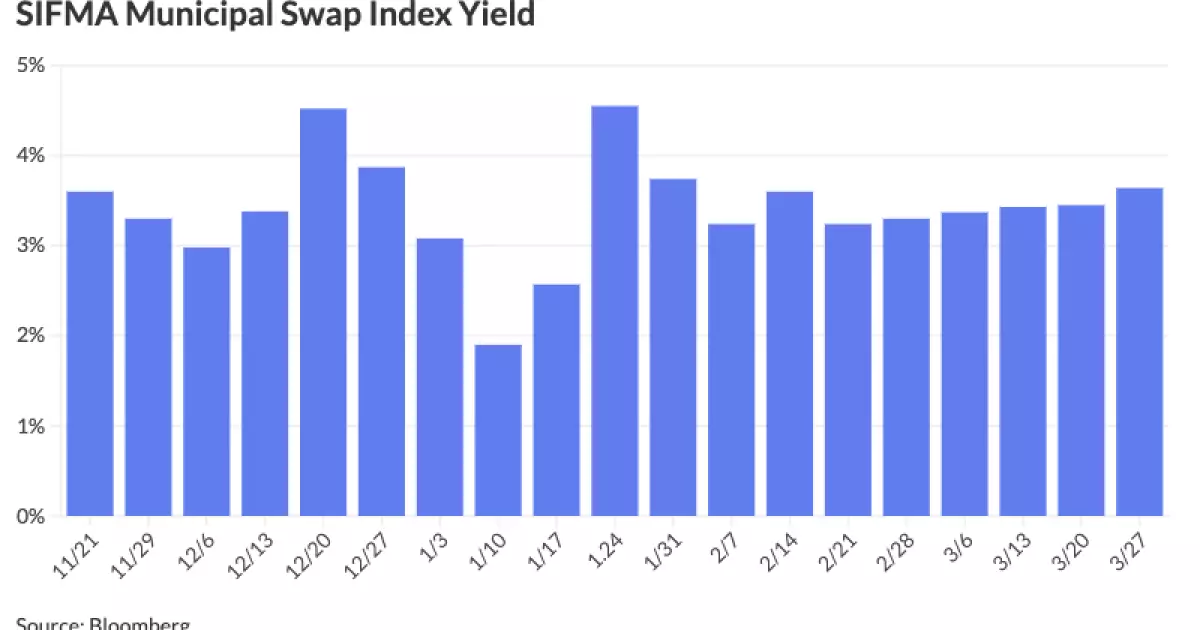As tax season progresses, the municipal bond market is facing challenges and experiencing selling pressure as investors shift their focus from short-term securities to meet their tax obligations. This trend has caused muni bonds to underperform compared to U.S. Treasuries and corporate bonds, with negative returns month-to-date. Despite this, experts believe that the muni market remains an attractive option for investors, and the demand is expected to stay strong.
During tax season, it is common to see a decrease in muni bond prices as investors sell off their holdings, leading to wider spreads and higher yields. The front end of the curve is particularly impacted by this trend, where most of the selling occurs. Market participants are actively adjusting their portfolios to accommodate tax liabilities, with an increase in flows for short-dated maturities. This shift in demand has been evident in the market activity and trading volume.
Short-duration investors are cautious during tax season due to potential funding pressures that can cause market volatility. As a result, there have been outflows from short-term mutual funds in recent weeks. Money fund managers are preparing for redemptions by building up liquidity and focusing on low-duration assets to minimize risks. High net worth individuals are seeking alternatives like Variable-Rate Demand Notes (VRDNs) to navigate through the tax payment period.
Historically, tax-exempt money market funds witness outflows before Tax Day, resulting in fluctuations in the SIFMA rate. However, the impact of tax season on the muni market is expected to be less severe this year, attributed to the healthy supply of new issuances that can be absorbed by investors. Market participants are optimistic about the market’s resilience and stability, as demonstrated by oversubscribed deals and strong demand regardless of credit ratings or deal structures.
Despite the temporary challenges posed by tax season, industry experts anticipate a positive outlook for the muni market in the coming months. The ongoing structural balance between supply and demand, coupled with investor appetite for muni bonds, sets a favorable backdrop for market participants. New buyers are encouraged to consider the current market conditions as a good entry point, with inflows into muni mutual funds signaling renewed interest across the yield curve. Overall, the unique dynamics of this year’s tax season are expected to shape investor behavior and opportunities in the muni market.

